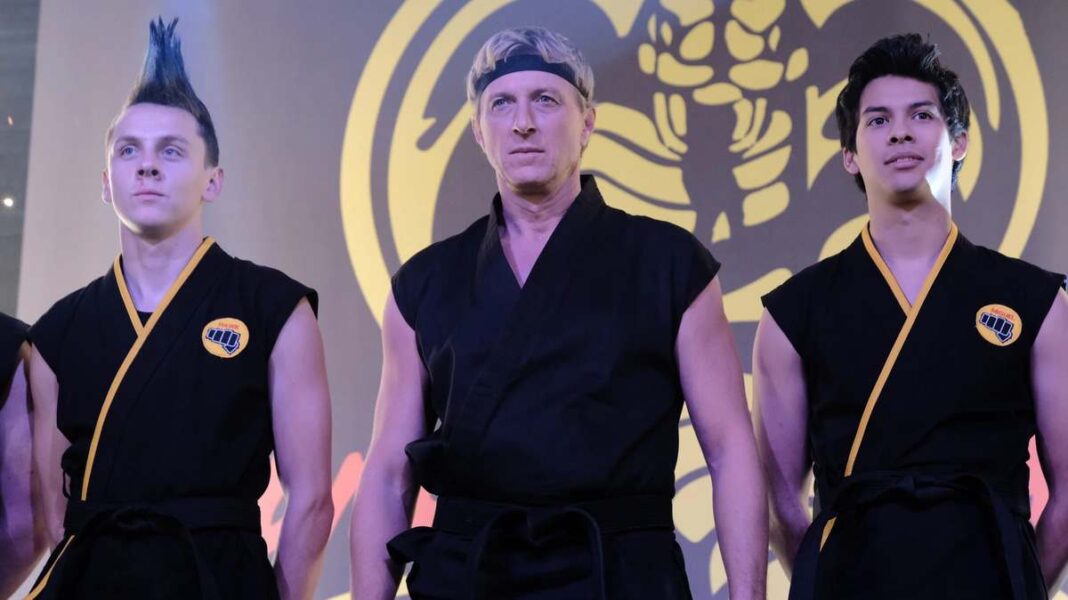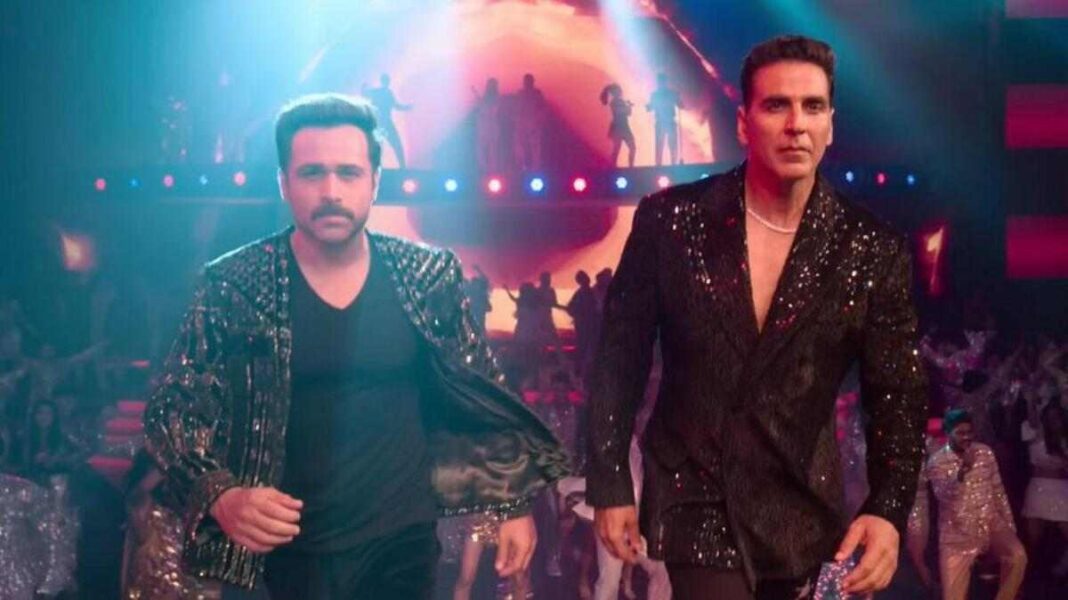Alfred Hitchcock was one of the most inspiring and devoted filmmakers of all time and is often credited with revolutionizing the movie industry. Surprisingly, despite being named “Best Director” on multiple occasions, Hitchcock never received a single Academy Award. Why? Because he was respected and hailed as a showman rather than a serious filmmaker. With that being said, here’s a list of the five best movies directed by Alfred Hitchcock to relish if you’re planning to go down the rabbit hole of classic masterpieces.
Marnie (1964)
A fantastic cinematic tragedy The film was deemed a “wrongheaded masterpiece” by reviewers. It’s not hard to understand why “Marnie” flopped in theaters and with critics. The movie’s efforts at psychoanalysis are both puzzling and comical. It’s a lengthy, rambling essay on authority, sensuality, and trauma, and not exactly what I’d consider a “crowd-pleaser.” Regardless, I really like this film. For a number of reasons, including its status as a one-of-a-kind personality study of subjugation and sexuality, Tippi Hedren’s genius portrayal, which is at turns chilly, sincere, and heartbreaking, and the film’s kitschy, excessively sincere quality, which is absent from the majority of Hitchcock’s films. Although I first thought the arguments to be too simplistic, I eventually learned to respect the psychological parts, such as the suppression of painful experiences that present themselves through sociopathy and iciness.
Rope (1948)
Just another drama that tanked at the theaters and was panned by reviewers following its first premiere. Renowned reviewers believed that the picture was too amateurish, and both Jimmy Stewart and Alfred Hitchcock also disliked it. But damn! This movie packs a solid punch. This film is quite tense. The structure and suspense throughout the whole dinner scene are superb, as is John Dahl’s excellent portrayal of a guy obsessed with his own intelligence to the point of homicide for the thrill of it. Finally, only a handful of filmmakers are fascinated by exploring the shadowy side of human nature—the stuff we’d rather not acknowledge about ourselves. In the end, we all believe that we are “nice folks,” deep down or the heroes of our own stories.
The Birds (1963)
Throughout the movie, a recurring motif is stifling captivity of various kinds. At the beginning of the picture, we hear songbirds chirping freely in the neighborhood, we see passing vehicles, and everything seems to be fine. Melanie Daniels, our protagonist, runs into an attorney who remembers her from a civil suit. The attorney and Melanie hold a discussion in which songbirds and their enclosures play a major role, but from the context, it’s clear that they’re talking about human beings as well. In this film, the director employs cages as a cinematic motif. From the opening scene, in which Melanie carries a cage comprising a pair of songbirds around with her and in which we are given an allusion to the scourge of the birds through the abundance of hard, looming enclosures comprising a plethora of birds transcending multiple breeds, we see that birds are a recurring theme throughout the film. The scenario when the blast hits the city has everyone either imprisoned in the restaurant, vehicles, or phone box. Melanie is shown in extreme close-ups, writhing in terror and flailing helplessly from side to side, trapped in her transparent prison.
Psycho (1960)
There are no words to describe the brilliance of this masterpiece, which is why I won’t spoil it for you. Honestly, I think everyone should see this film. This picture has an engaging story. Considering Hitchcock’s long career as a filmmaker, it’s surprising how few viewers understand that this film had very modest financing. It was filmed in black and white despite Hitch’s preference for the colored cinema for decades and was funded entirely by the director himself. It’s hardly surprising that the film has shoestring financing. The film benefited from having a very modest ensemble, especially because its performers weren’t exactly household celebrities. And the use of narrative and language in “Psycho” is among the best I’ve ever witnessed. “Psycho” was somehow successful in achieving everything, from getting the metaphors right to slow exposure to allusions; this movie harbors everything.
Vertigo (1958)
Obviously, the top spot goes to “Vertigo,” the movie that 2012 reviewers polled, and unanimously agreed that it was the most outstanding picture ever made. To be honest, upon my first visit, I didn’t see what the big deal was. It was entertaining but definitely off-beat for me. The movie seemed aimless and disorganized in comparison to films like “Psycho” and “Rope,” in which every scene is well plotted and performed. For me, the concepts of addiction and love mirrored experiences I’d encountered but never been able to comprehend properly. In a nutshell, I didn’t get it. However, I kept returning to Vertigo over and over again since it spoke to me on a visceral level. As I’ve seen it more and more, I’ve come to appreciate it more and more. It has the power to enchant me in a way that very few films can. It has a mesmerizing, surreal quality. Imagine the scene in the car where Ferguson pursues Madeleine in silence to find out exactly where she is headed. The melody is incredibly opulent and hypnotic. As he continues to pursue her, Fegurson’s expression gets more fascinated and obsessed. Some of these sequences may have been shortened or perhaps cut out entirely. But they do help us connect with the characters better.
See more: Highly Anticipated 2023 Netflix Films That You Are Waiting For

